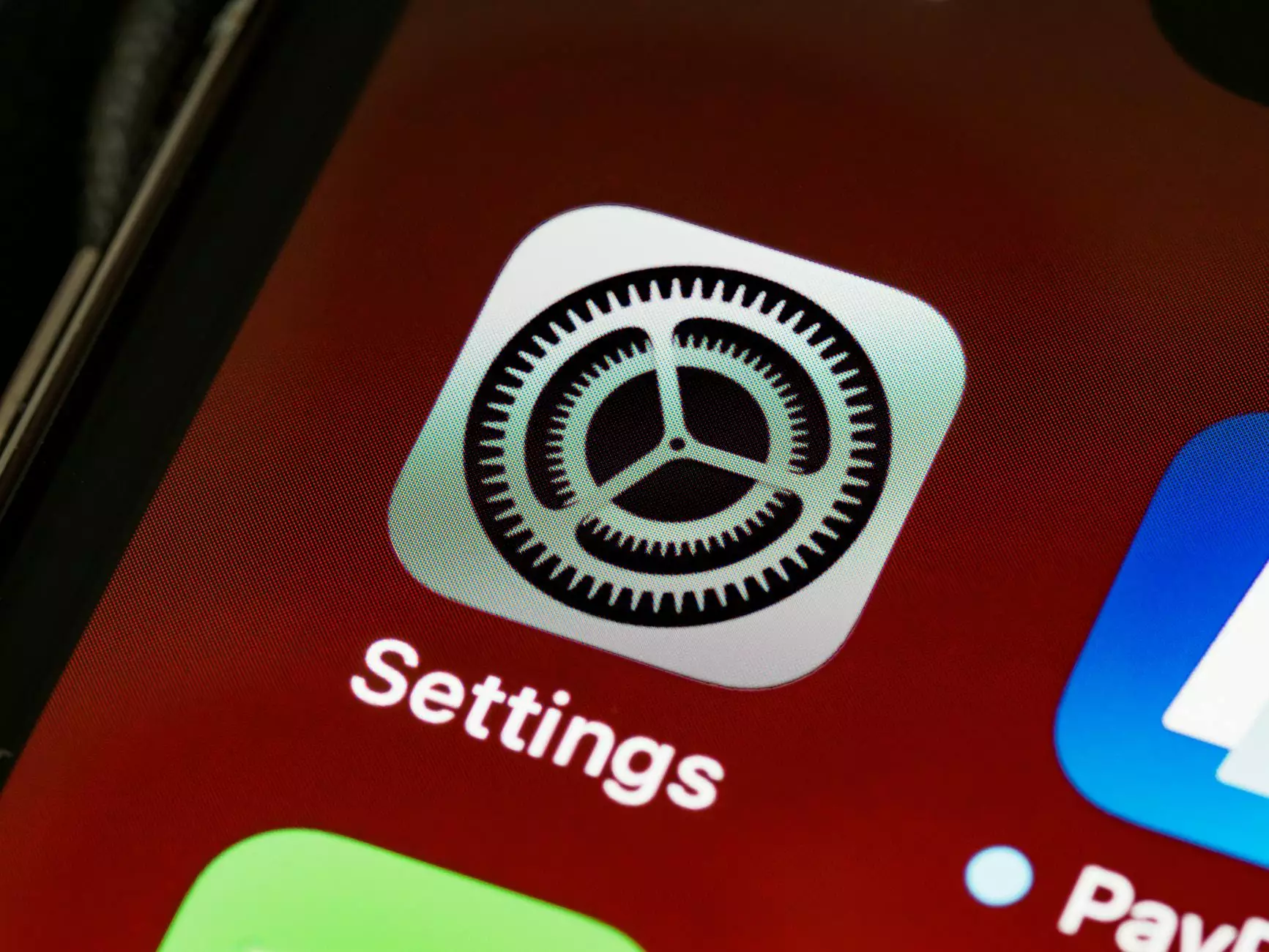Essential Skills Required for iOS App Development

The world of iOS app development is an exciting and rapidly evolving field that combines technology, creativity, and an understanding of user behavior. For those looking to make a mark in this domain, having the right skills is crucial. This article delves deep into the fundamental skills required for iOS app development, providing a comprehensive overview to help you succeed in this dynamic industry.
1. Proficiency in Swift Programming Language
One of the foundational skills required for iOS app development is proficiency in the Swift programming language. Introduced by Apple in 2014, Swift is designed to be easy to use and is highly powerful for iOS app development. Here are key aspects of learning Swift:
- Syntax Familiarity: Understanding the syntax of Swift, which is clean and expressive.
- Data Types: Mastering the various data types, including arrays, dictionaries, and tuples.
- Control Flow: Learning how to implement conditional statements, loops, and error handling.
2. Understanding Objective-C
Although Swift is the future, knowledge of Objective-C remains relevant, especially for maintaining legacy applications. Skills in Objective-C include:
- Memory Management: Understanding manual memory management techniques using reference counting.
- Class Hierarchies: Knowing how to create classes and manage object-oriented principles.
- Dynamic Typing: Utilizing the dynamic nature of Objective-C for more flexible coding.
3. Proficiency with Xcode and Interface Builder
Xcode is the integrated development environment (IDE) for macOS that developers use to create iOS apps. Familiarity with Xcode includes:
- Project Management: Understanding the project navigator and file organization.
- Debugging Tools: Utilizing built-in debugging features to diagnose issues.
- Simulator Integration: Testing apps on various simulated devices via the iOS simulator.
The Interface Builder allows developers to design user interfaces visually, which is a direct path to creating an engaging user experience.
4. Knowledge of iOS SDK and Frameworks
Having a comprehensive understanding of the iOS Software Development Kit (SDK) and its associated frameworks is vital. Key frameworks to be aware of include:
- UIKit: Essential for building user interfaces.
- Core Data: For data persistence and management.
- Core Animation: To create smooth animations and transitions.
- AVFoundation: For handling audio and video content.
5. Experience with RESTful APIs
Modern apps often rely on web services. Therefore, understanding how to integrate RESTful APIs into your iOS applications is critical. This includes:
- Network Requests: Using URLSession to make HTTP requests.
- JSON Parsing: Transforming API responses into usable data formats using Codable.
- Asynchronous Programming: Managing background tasks using closures or delegates.
6. User Interface (UI) and User Experience (UX) Understanding
Creating an intuitive and appealing UI/UX is essential for the success of any app. Skills in this area include:
- Human Interface Guidelines: Familiarity with Apple’s guidelines for designing user interfaces that feel natural.
- Prototyping Tools: Using tools like Sketch, Figma, or Adobe XD for designing interfaces.
- User Testing: Conducting tests to gather feedback for iterative improvements.
7. Familiarity with Version Control Systems
In collaborative environments, using version control systems like Git is crucial. Essential skills include:
- Branch Management: Knowing how to create and merge branches to keep the main codebase stable.
- Commit Messages: Writing clear and descriptive commit messages for ease of understanding.
- Collaborative Development: Using platforms like GitHub or Bitbucket for sharing and reviewing code.
8. Basic Knowledge of Design Principles
While a developer does not have to be a designer, having basic knowledge of design principles can significantly enhance the development process. Key principles include:
- Color Theory: Understanding how colors interact and affect user perception.
- Typography: Knowing font hierarchies and readability principles.
- Space and Layout: Grasping the importance of spacing and arrangement to create visually pleasing compositions.
9. Testing and Debugging Skills
The ability to thoroughly test and debug your application is a vital skill for any iOS developer. This includes:
- Unit Testing: Writing test scenarios to ensure individual components work as expected.
- UI Testing: Automating user interface tests to simulate user interactions.
- Performance Testing: Using instruments to test the app’s performance and identify bottlenecks.
10. Continuous Learning and Adaptability
Perhaps the most critical skill in iOS app development is continuous learning. Technology is always evolving, and developers must stay updated with the latest trends, such as:
- New Frameworks: Being aware of new frameworks released by Apple and how they can enhance app functionality.
- Software Updates: Keeping abreast of changes in the iOS ecosystem and understanding how they impact app performance.
- Community Resources: Engaging with communities, attending conferences, and participating in workshops to broaden your knowledge base.
Conclusion
In conclusion, mastering the skills required for iOS app development entails a blend of technical expertise, design understanding, and a commitment to continuous learning. By developing these skills, you will not only enhance your capabilities but also improve your employability in a competitive market. Whether you are a budding developer or an experienced professional, refining your skills regularly will ensure that you remain relevant and successful in the field of iOS app development. Embrace the journey of learning and the creation of innovative applications that enhance user experiences.
Get Started Today!
Ready to dive into the world of iOS app development? Start honing these essential skills and watch your career flourish in the ever-expanding tech landscape!









